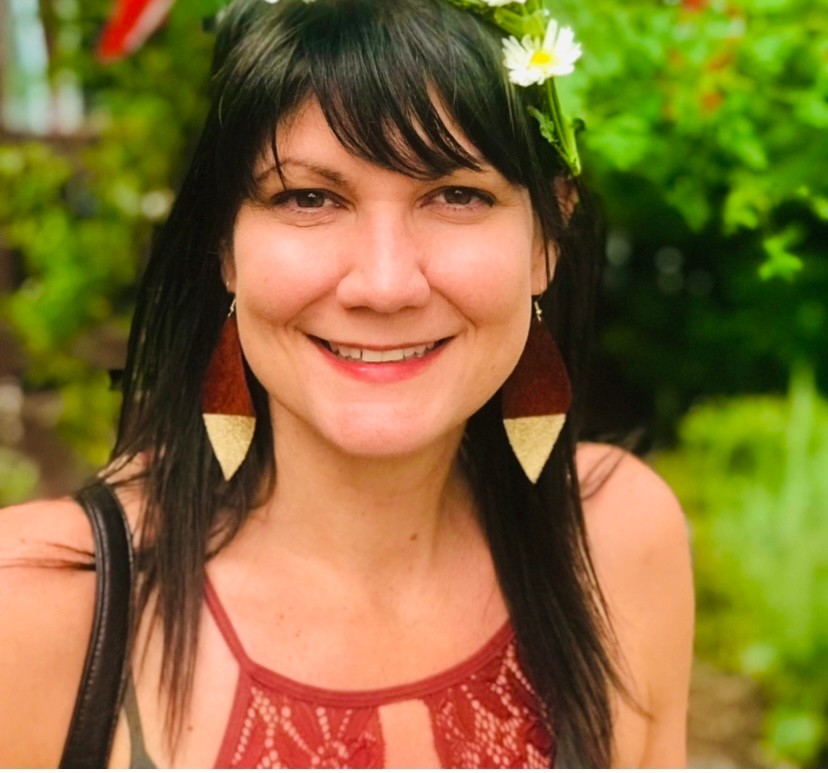We recently connected with Michelle Pelc and have shared our conversation below.
Michelle, thanks for joining us, excited to have you contributing your stories and insights. Can you share an anecdote or story from your schooling/training that you feel illustrates what the overall experience was like?
I attended Naropa University in Boulder for a graduate program in Transpersonal Counseling Psychology. It was unique to any other educational experience I had previously experienced. Calling me into my depths and extending the invitation to live from the inside out. The start of a journey that transformed the way I move and breathe in the world. Transpersonal psychology goes beyond the personal, integrating the four forces of psychology with a spiritual and mindfulness component. Students are required to do their own therapy, which from my perspective is imperative if you are going to practice as a therapist. Not only to have a visceral experience of what it feels like to be in the client’s seat but also to work through your own issues. A client can only go as deep as you’ve gone yourself and it’s important one does their own personal work and has enough self-awareness not to work anything out unconsciously on their clients. It’s a position of responsibility to be held with integrity. Some valuable pieces Naropa brought into focus were practicing presence, attunement, and listening to intuition. During my program I volunteered for hospice where many opportunities to bring in these qualities arose. My very first patient had locked-in syndrome, a condition in which the person is aware but cannot move or communicate verbally due to complete paralysis of nearly all voluntary muscles in the body apart from vertical eye movements and blinking. The gentleman I was visiting had lost all except his smile and eye movements. He was trapped in his body, but his spirit still shined bright. His smile seldom faded during my visits and his piercing blue eyes gazed into mine with incredible warmth. At times I felt awkward in the silence. Yet there seemed to be a peacefulness in him and I admired the way he gracefully navigated what I perceived as an immensely challenging life situation. What better opportunity to practice staying present? To attune to another who has lost the ability to communicate his wants and needs. To do this I had to get quiet inside myself. Quiet enough to hear him on a deeper level. I was with him the night he died. I didn’t know that’s what was happening. He became unresponsive and his breath began to slow down. I sat with him for a while holding his hand, keenly aware of the silence in the room. Aware of the absence of his smile and sparkle in his eye. As it was time for me to leave, I started walking toward the door and felt my gut push back. A voice inside said to stay. From that point on I felt guided. As if something was moving through me and not from me, from the music I played to the words I whispered to him. At one point the nurse came and told me he was close. His son was on his way but no family was there to be with him now. So, I stayed through his last breath. Grateful to have trusted my gut as he didn’t want to be alone at his death. I see great value in that as well as staying present to each moment to find the wisdom spoken from inner quiet put into action.
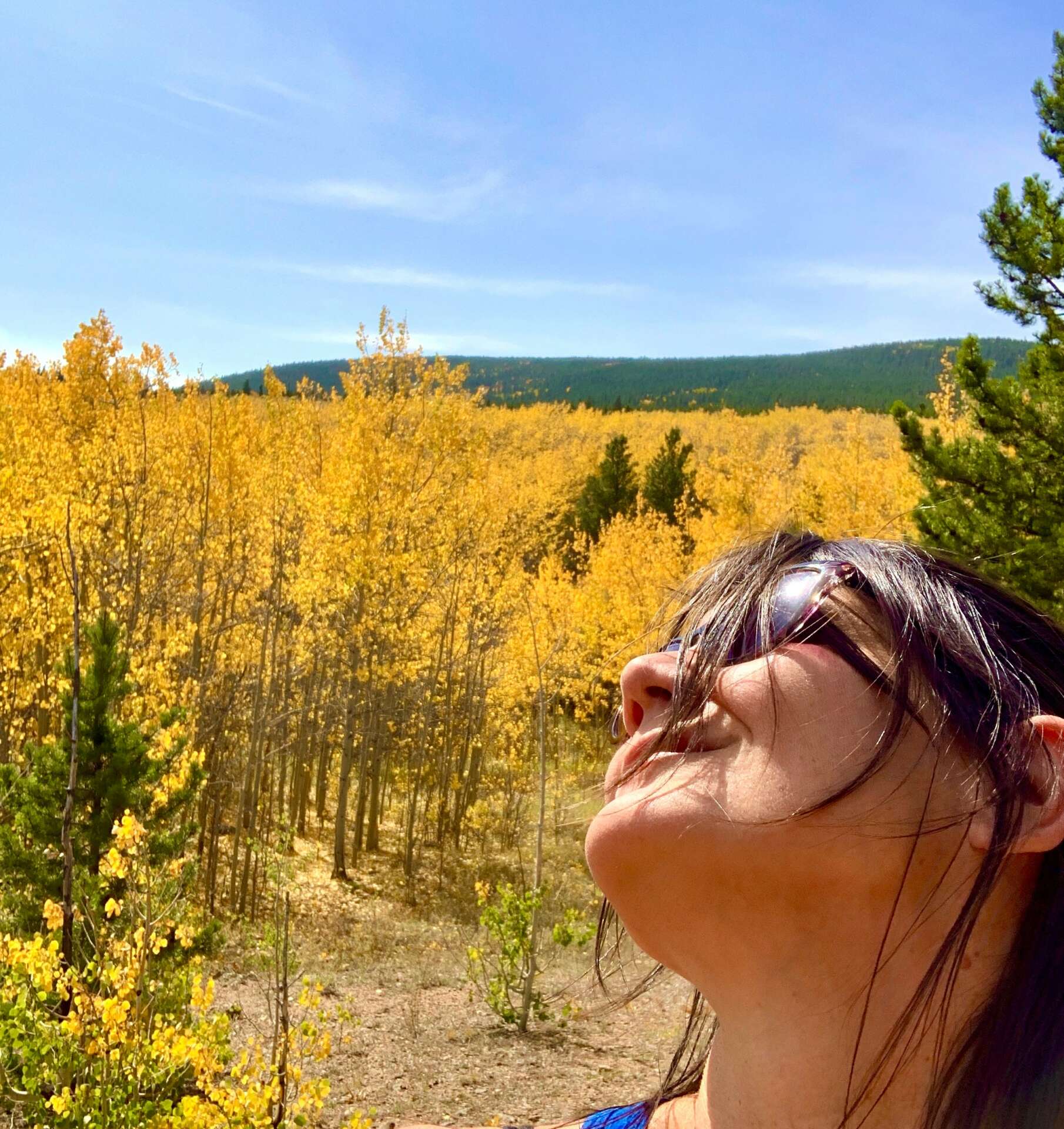
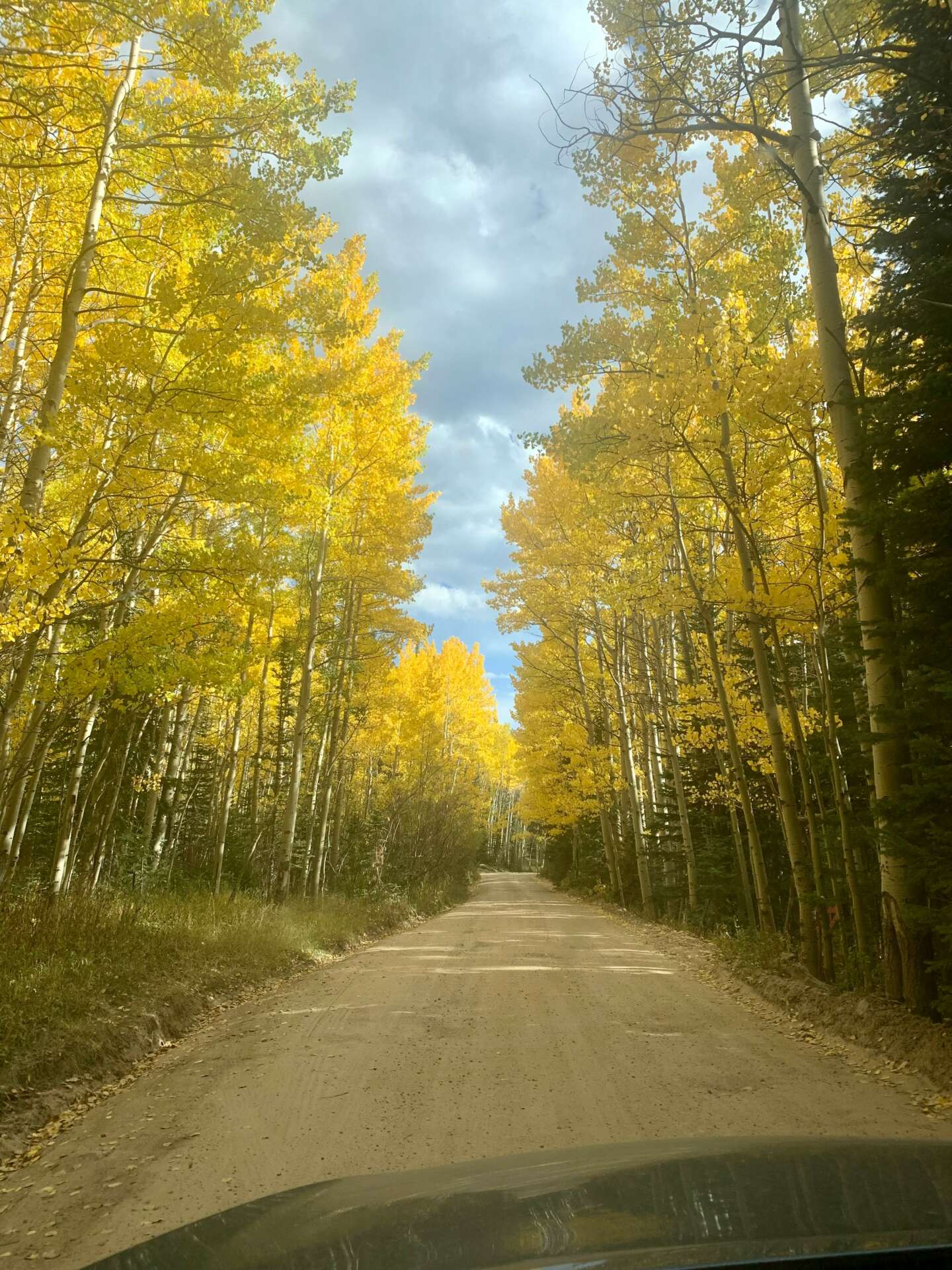
As always, we appreciate you sharing your insights and we’ve got a few more questions for you, but before we get to all of that can you take a minute to introduce yourself and give our readers some of your back background and context?
I am the founder of Guiding Light LLC Alzheimer’s and Dementia Support. I serve individuals and families living with dementia and facing end-of-life through counseling, caregiving, care-coordinating, consulting, and resource building. Each situation is unique, and my intention is to meet each family where they are at, holding a space of openness, acceptance, curiosity, and love. I believe in each person’s inner wisdom and work to bring that out by creating a safe space of non-judgment where they can trust the relationship enough to be open and authentic.
I am most proud to be doing something of service where I find purpose and meaning. Not only does this work challenge me to grow, it speaks the language of my heart and brings forth the expression of my gifts. The experiences I’ve had working in homes and care communities afford me insight into the complexity of challenges families face at this time. I see myself as a companion, walking alongside families as a guide, to witness their journey, listen, and provide the resources needed to support them along the way. When I tell people what I do for work I often hear how hard it must be. While I won’t deny grief and loss as inherent pieces of this work, I experience the full spectrum of emotions along the way. Working with death teaches me how to live and love more fully, and sometimes all it takes is a smile from a client to fill me with joy.

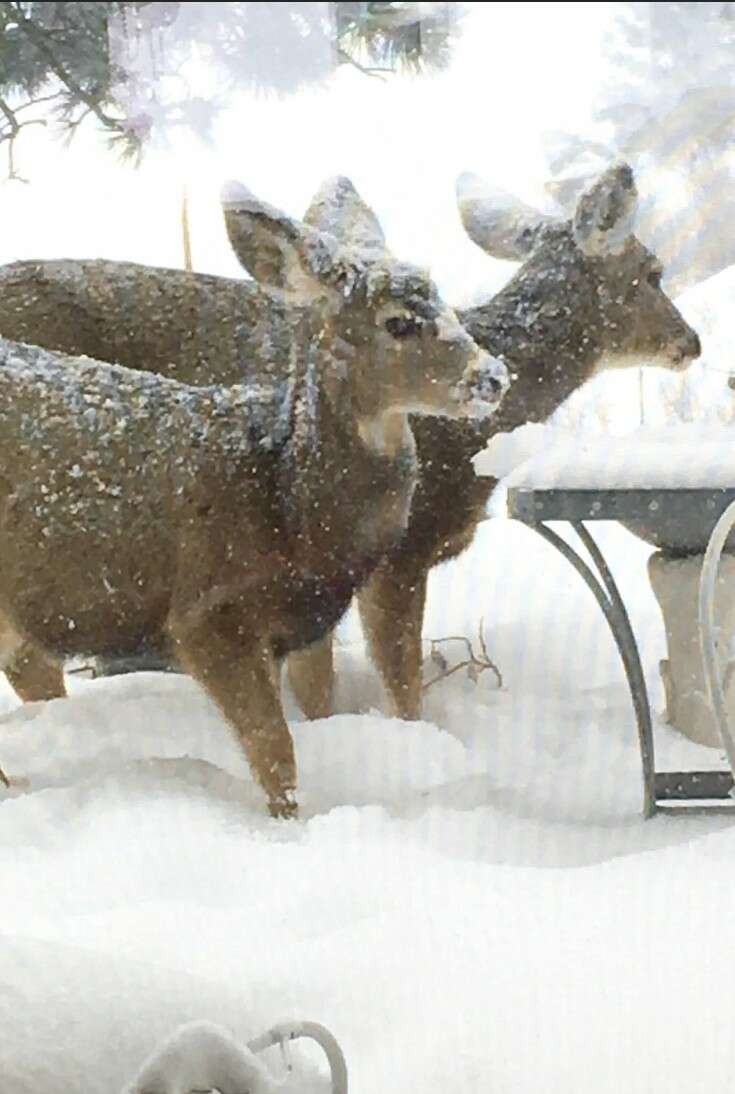
If you could go back in time, do you think you would have chosen a different profession or specialty?
I definitely would choose the same profession. The gifts I’ve received throughout my journey are invaluable. Not only professionally but also personally, influencing my approach to life and making me a truer version of myself. In the early part of my emergence into working with those living with dementia and facing end-of-life I had the opportunity to care for a woman who was one hundred years old. Full of wisdom and kindness with a delightful sense of humor. A common thread I’ve found with the centenarians I’ve met. The heartbreak she’d faced throughout the course of her life made her only that much more compassionate. During my time with her I felt touched and inspired as I watched her move through the challenges of this last phase of her life with courage, ease, and grace. I was with her when she died. She was the first person I’d sat with that declined any medication for pain or anxiety. She wanted her transition to be completely natural. In being with her process I was struck by how closely it paralleled birth. The two most significant life transitions we move through. Her breath became very slow then fast, speeding up resembling a woman in labor. I felt fear and an impulse to run. I asked if she wanted any medication and she said no. I called myself back. Sit. Breathe. Be present. She didn’t appear afraid. I called her hospice nurse and daughter who arrived within the hour. Her daughter spent some time alone with her and they called her son who lived out of state so he could say goodbye. The opportunity for closure is a gift not everyone receives. Just after the space between each breath expanded. We stood around her and held her hand. Her daughter picked up rose water and sprayed it into the air. I watched the light shine through the droplets as they fell and took in the sweet smell. Her daughter said “Look mom, you’re in a bed of roses” just as she took her last breath.
In these poignant moments I discovered that death isn’t the opposite of life, it’s the opposite of birth. Life is everything in-between. Deeply moved by peace, love, grace, and the timing of this transition, it helped me accept death as being just as natural as birth. Part of what initially drew me to this work was a call to face my own fear of death and the grief that surrounds it. Through this experience I was able to surrender and fully trust in both life and death. Working with death inspires me to ask myself how I can live more fully and love more deeply. Questions I will keep asking myself each and every day.
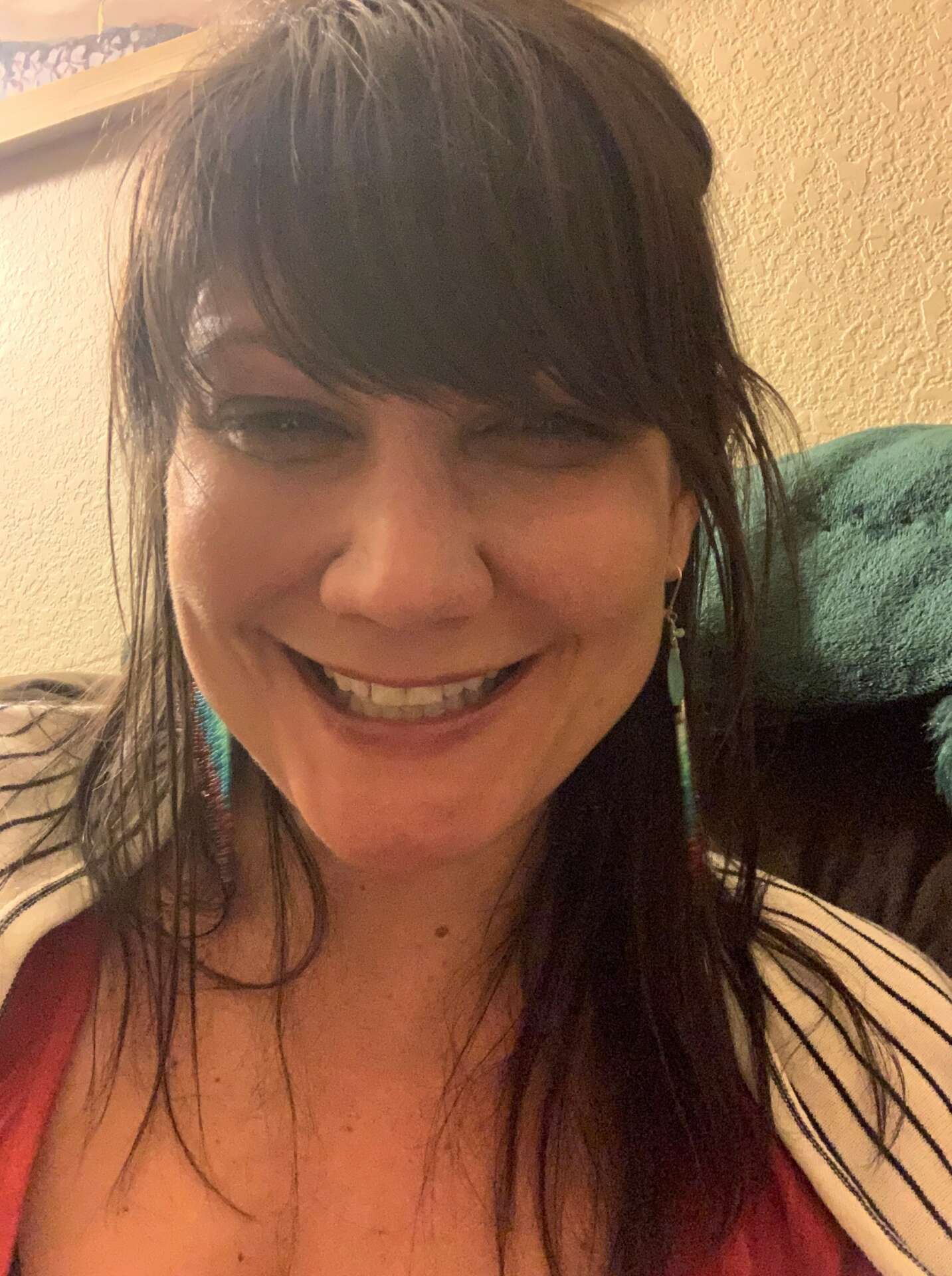
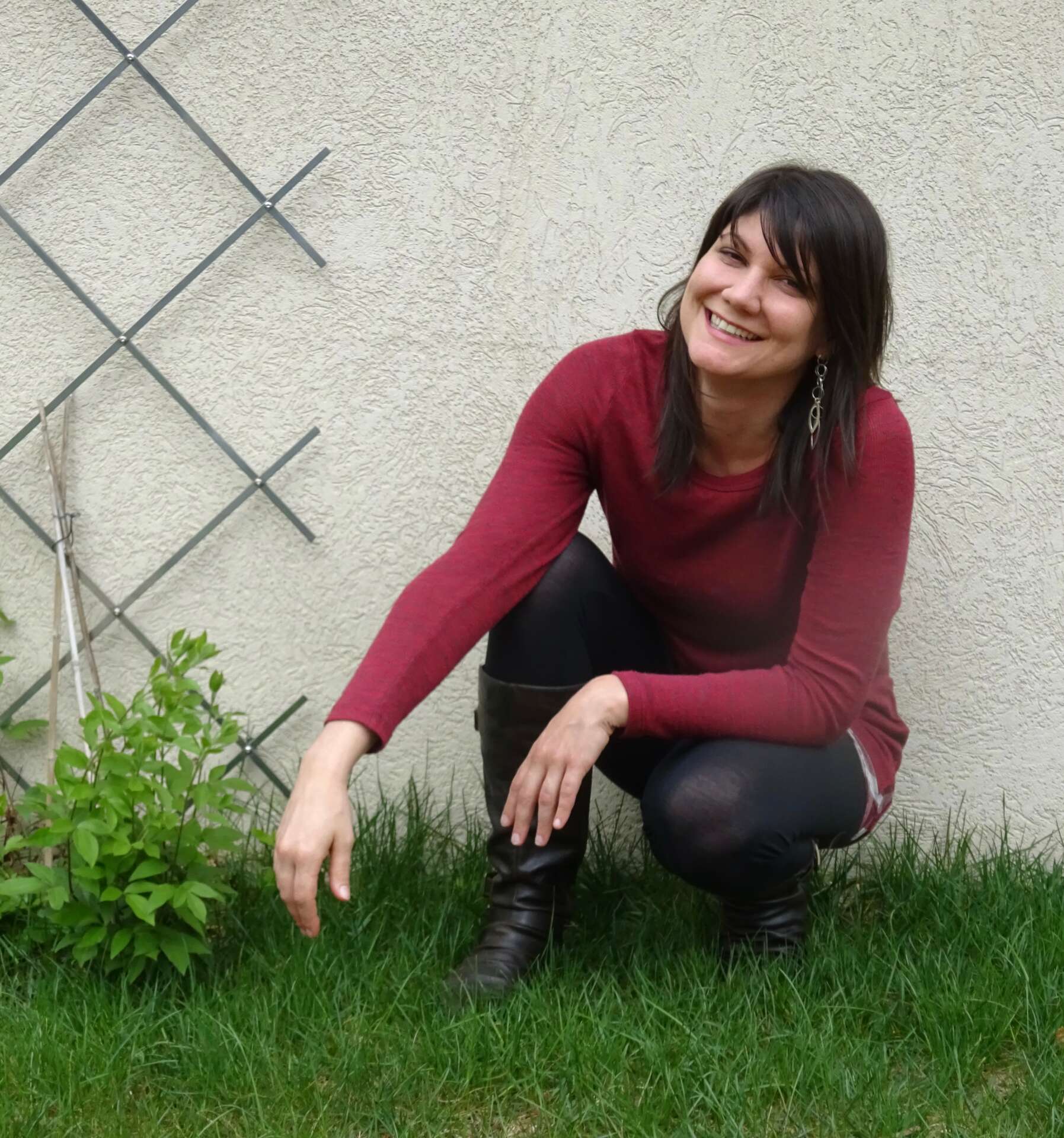
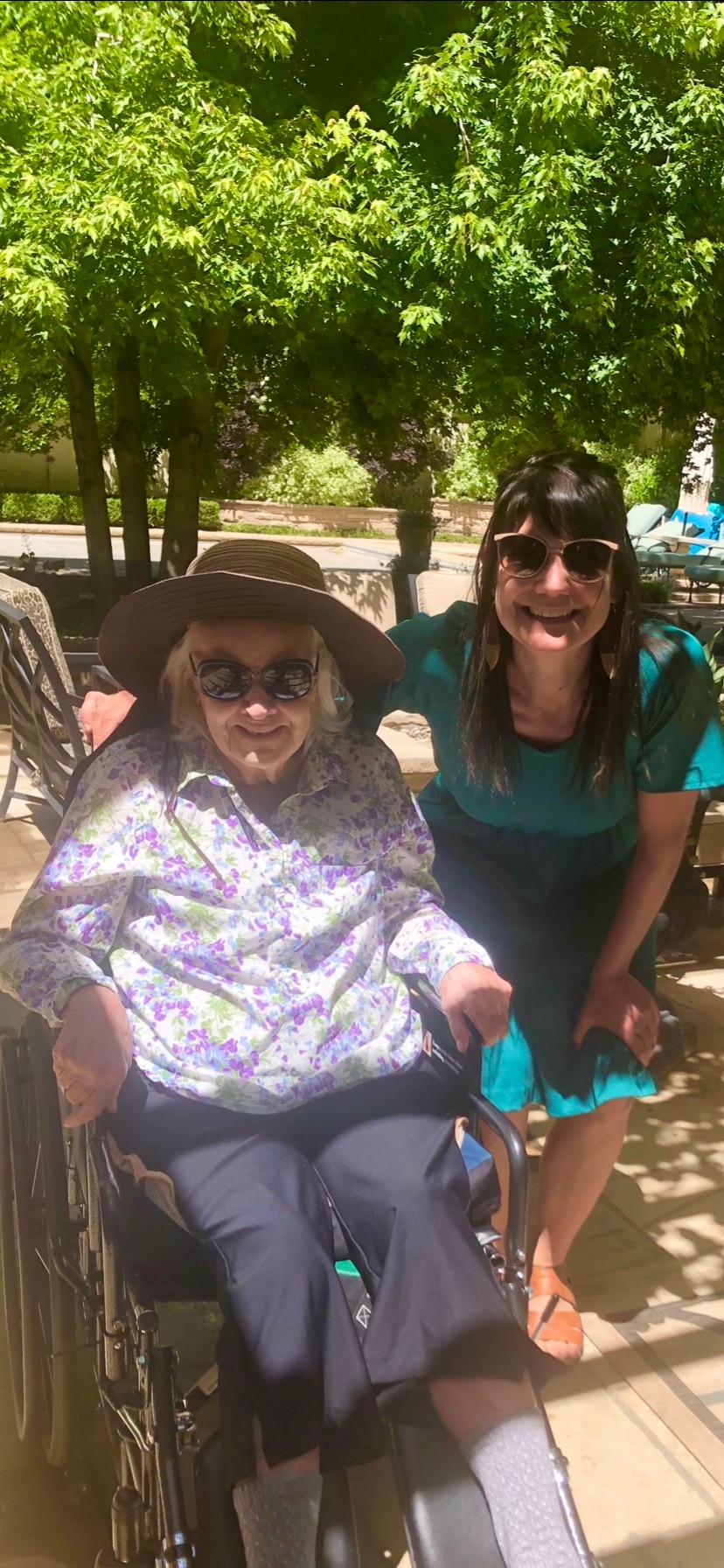
How’d you build such a strong reputation within your market?
I believe it is all about building and nurturing community and client relationships. The opportunities I’ve had working in a variety of different senior support settings over the years not only expanded my awareness of the intricacies inherent in this field, it has also served as a means of organic networking with fellow community members. Within each situation I strive to maintain integrity, foster positive relationships, and align my words with my actions. Someone once said to me, people don’t always remember what you say but they remember the way you make them feel. Everyone matters regardless of their role and I think it’s important to show each person respect, hear their unique voice, and let them know their contributions are of value. A strengths-based approach fosters cohesion and harmony in work environments, and putting this energy into each of my work environments has helped create the building blocks to build my business. Colleagues see the way I work and know my heart is in it. I also think it’s been a matter of perseverance, dedication, and consistency over time. I put the work in, continue to educate myself, face the challenges, trust that the clients that are meant for me will come, and look for the gifts in each situation.

Contact Info:
- Website: https://www.guidinglightalz.com/
- Linkedin: www.linkedin.com/in/michelle-pelc-ma-lpc-01390610
Image Credits
Aleza Stirling, Will Cook, and Kathleen MacDonald


